Jessica Ackerley - A New Kind of Water (2019)
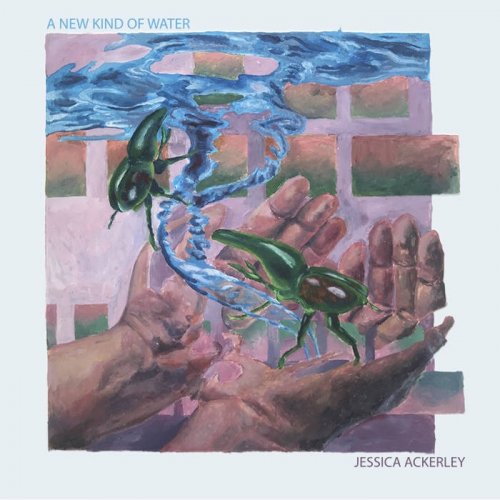
Artist: Jessica Ackerley
Title: A New Kind of Water
Year Of Release: 2019
Label: Jessica Ackerley
Genre: Free Jazz, Avant-Garde Jazz
Quality: FLAC (tracks)
Total Time: 45:26
Total Size: 223 MB
WebSite: Album Preview
Tracklist: Title: A New Kind of Water
Year Of Release: 2019
Label: Jessica Ackerley
Genre: Free Jazz, Avant-Garde Jazz
Quality: FLAC (tracks)
Total Time: 45:26
Total Size: 223 MB
WebSite: Album Preview
01. Space, Frame, Contain (8:20)
02. A Meadow Land, Toward a Closing Door (6:59)
03. Dotted (6:10)
04. Trifold (8:29)
05. Sfumato (4:55)
06. An Elephant Bathing on a Friday Afternoon (3:21)
07. Contain [Drum] (1:12)
08. Partial Scene (6:00)
"I think some common themes throughout the music are water, flow, pace...."
One might find it contradictory upon reading this auto-description of the album A New Kind Of Water to find tracks with names such as "Space, Frame, Contain," "Dotted," "Trifold," and "Partial Scene," names which emphasize a particular locality or set of metric parameters oppositional to the transitory expression of Ackerley's words above, however, it is precisely this dichotomy which is explored throughout the record. It is a record of passage. It concerns the flows from one scene or frame to another and the ineffable boundaries between. In fact, it is the sounds living within these boundaries, never quite actualized in any particular state, which begin to describe the overall sonic contour of the record.
The mastery of Ackerley, her bandmates (Sarah Manning, Mat Muntz, Stephen Boegehold), and her producer Martin Bisi is what enables this sonic fusion. It becomes difficult to extract any particular individual or element from the sound field; this is not a jazz music of layered individual performances, of solos, or of virtuosic showmanships (at least in a way that considers them entirely heterogeneous elements). The performances are pervasively perplicated.
Jessica's relationship with each of her colleagues is laid bare through this expression, her friendships interwoven so deeply that one cannot be extracted from the next. Even the music which inspired this record speaks to a young, energetic, and burgeoning community in the Brooklyn scene, unfolding from its inextricable historicity. It is neither a rock record, nor an improvised or jazz record, nor some post-contemporary classical piece, it is all implicated in a post-generic sense, to read it as one or another would be to frame it outside of the immanent and emphatic flow. It is a music placed on top of a boundary, always threatening a new and revolutionary actualization.
There is no contradiction here. No (re)framing, no containment, an always reaffirmed alternation between alterior singularities and the waters from which they emerge at their own pace.
One might find it contradictory upon reading this auto-description of the album A New Kind Of Water to find tracks with names such as "Space, Frame, Contain," "Dotted," "Trifold," and "Partial Scene," names which emphasize a particular locality or set of metric parameters oppositional to the transitory expression of Ackerley's words above, however, it is precisely this dichotomy which is explored throughout the record. It is a record of passage. It concerns the flows from one scene or frame to another and the ineffable boundaries between. In fact, it is the sounds living within these boundaries, never quite actualized in any particular state, which begin to describe the overall sonic contour of the record.
The mastery of Ackerley, her bandmates (Sarah Manning, Mat Muntz, Stephen Boegehold), and her producer Martin Bisi is what enables this sonic fusion. It becomes difficult to extract any particular individual or element from the sound field; this is not a jazz music of layered individual performances, of solos, or of virtuosic showmanships (at least in a way that considers them entirely heterogeneous elements). The performances are pervasively perplicated.
Jessica's relationship with each of her colleagues is laid bare through this expression, her friendships interwoven so deeply that one cannot be extracted from the next. Even the music which inspired this record speaks to a young, energetic, and burgeoning community in the Brooklyn scene, unfolding from its inextricable historicity. It is neither a rock record, nor an improvised or jazz record, nor some post-contemporary classical piece, it is all implicated in a post-generic sense, to read it as one or another would be to frame it outside of the immanent and emphatic flow. It is a music placed on top of a boundary, always threatening a new and revolutionary actualization.
There is no contradiction here. No (re)framing, no containment, an always reaffirmed alternation between alterior singularities and the waters from which they emerge at their own pace.
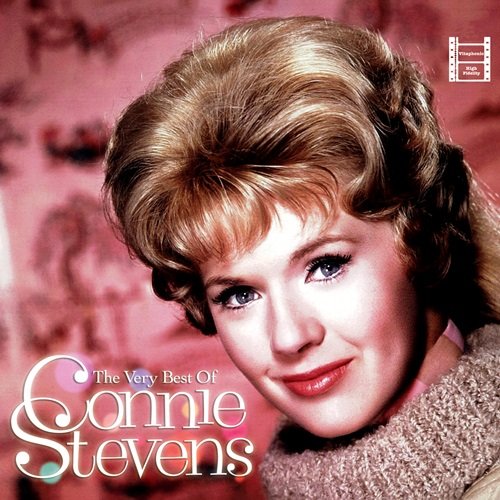
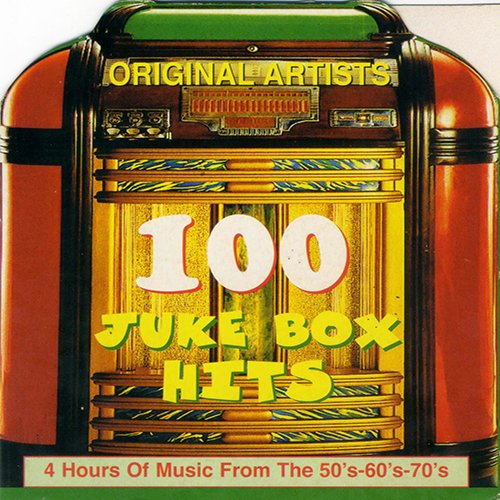
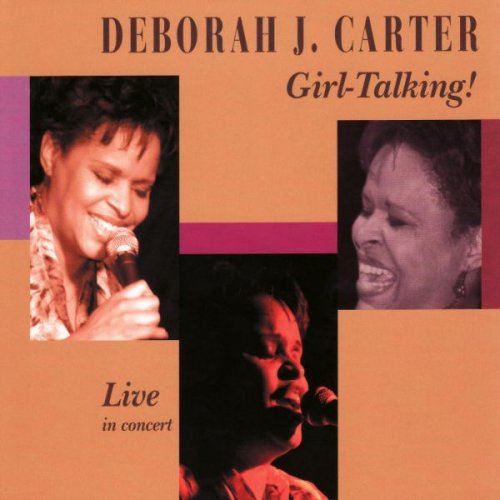
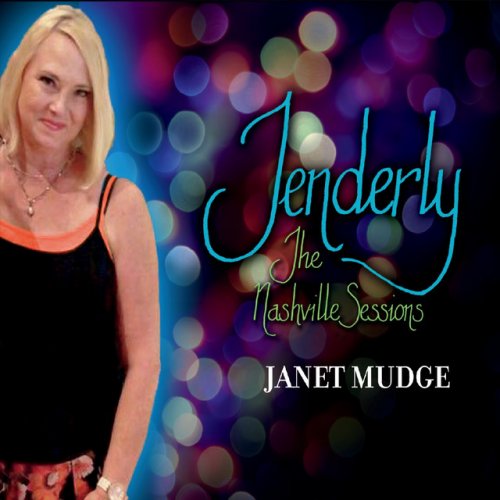

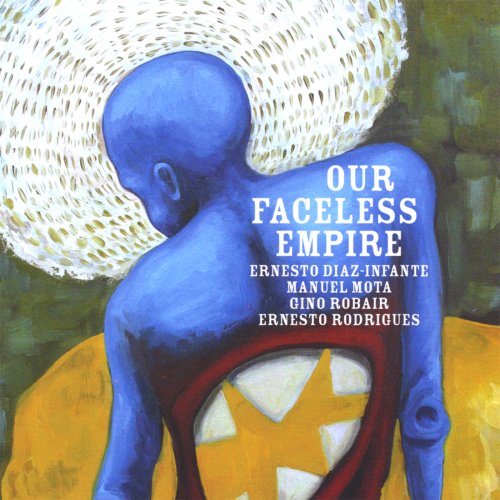
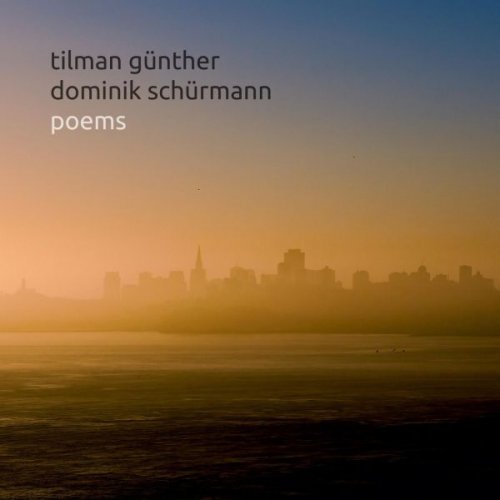
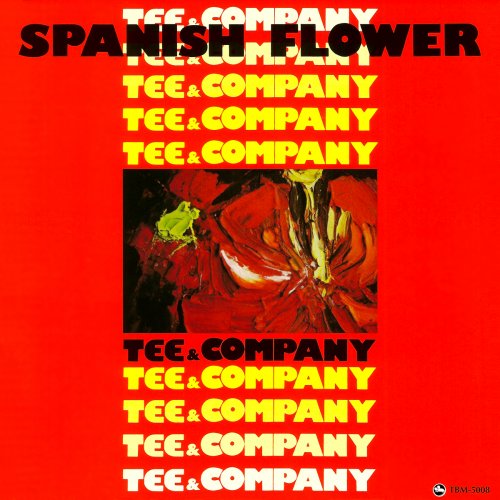
![Matt Choboter - And Then There Were The Sounds Of Birds (2026) [Hi-Res] Matt Choboter - And Then There Were The Sounds Of Birds (2026) [Hi-Res]](https://www.dibpic.com/uploads/posts/2026-02/1771562657_qb70awhgfhge8_600.jpg)